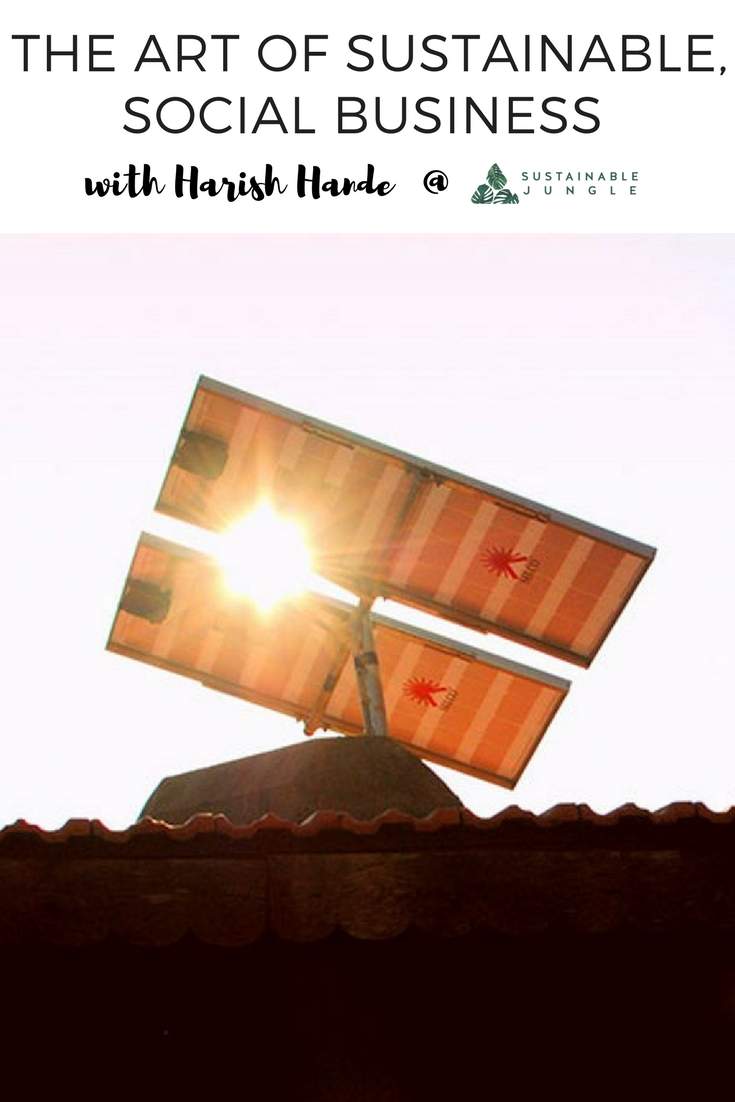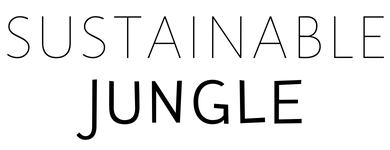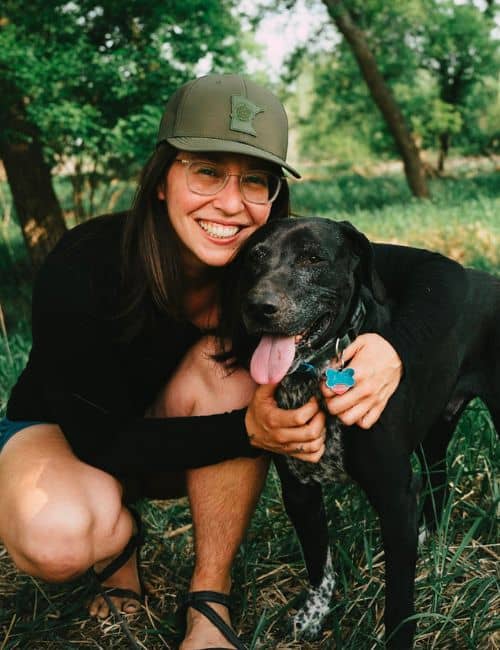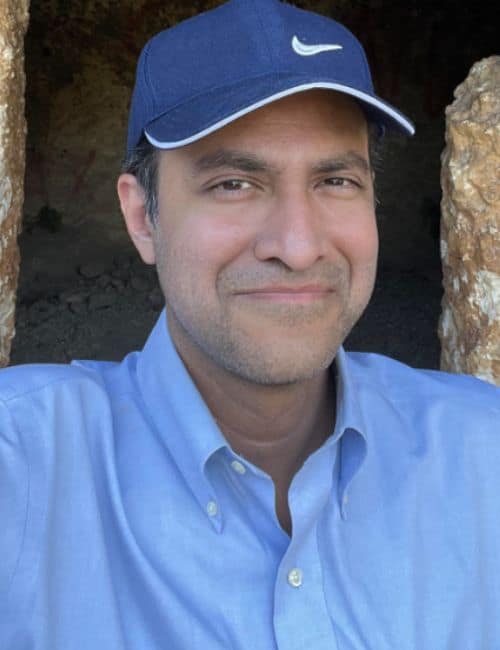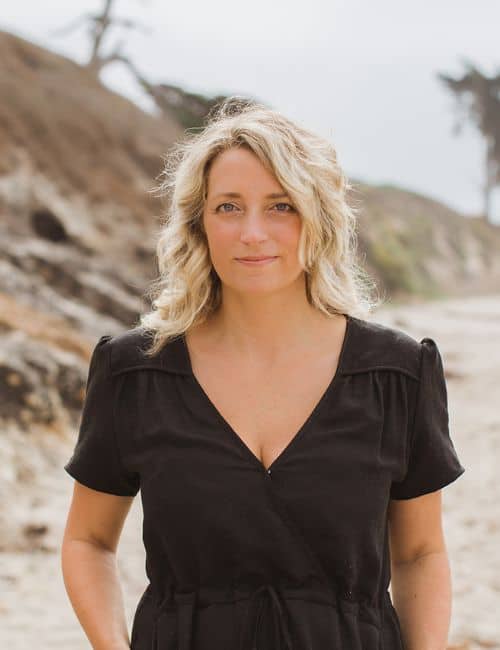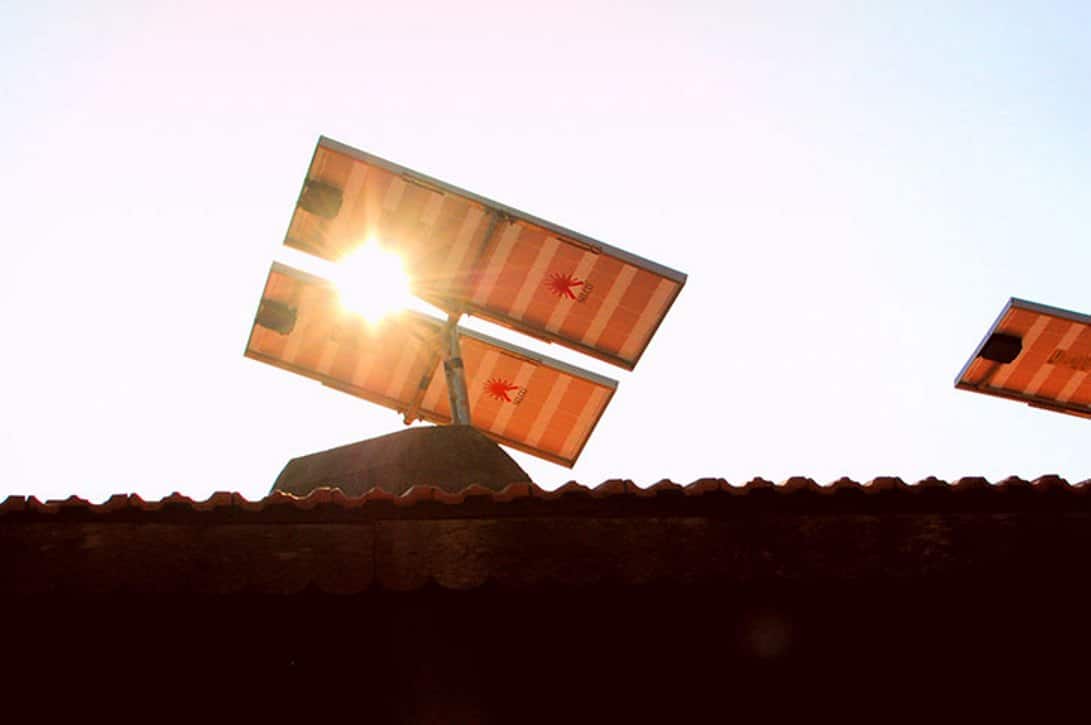
Selco India: The Art Of Sustainable Business And Addressing Social Needs
“We use solar as a catalyst to create a holistic and sustainable mechanism in which the poor can get away from poverty permanently.”
Harish Hande
Harish Hande is the definition of a social entrepreneur.
In 1995, after learning about the power of a distributed energy model, he founded SELCO India, which “provides sustainable energy solutions and services to underserved households and businesses”.
Harish has won numerous awards for his work over the years and most recently took home the 2018 Skoll Foundation award for social entrepreneurship.
Today he also heads up the SELCO Foundation and SELCO Incubation Center which support start-up social entrepreneurs working to alleviate poverty.
The SELCO family helps elevate the underserved out of poverty and eliminates the environmental and health impacts created by today’s kerosene, coal and wood energy sources.
STARTING A SOCIAL ENTERPRISE IN THE 90s
Harish grew up in Rourkela, India and completed his undergraduate in Energy Engineering in Kharagpur – an academic path he says is driven by expectation in India.
He furthered his studies in the USA, completing his Masters and PHD in Energy Engineering at the University of Massachusetts. While working on his PHD in the early 90s, he joined a research trip to the Dominican Republic where he saw solar being used as a way to uplift society on a small scale.
This inspired him to change his PHD thesis and to research how solar could be used to reduce poverty. While this trip was a catalyst for Harish, he cites his realization of the unjust barriers to a better life in India (e.g. he was able to attend an elite school while many of his peers didn’t even have electricity) as the underlying motivation to do something about poverty.
In 1995, Harish set up SELCO India which, at its core questioned 3 key assumptions:
- Poor people cannot afford sustainable technologies
- Poor people cannot maintain sustainable technologies
- Social ventures cannot be run as commercial entities
“The poor are not beneficiaries, the poor are partners.”
Harish Hande
The idea was to empower the poorest of India whose needs were largely ignored by service providers.
This has always been the principal objective of SELCO along with the ability to provide customized power solutions to its customers. These were the people of India that burned kerosene, coal and wood for their light and energy needs (with severe health and environmental implications).
For Harish, the lightbulb moment (pun intended) was when a street vendor explained to him that “Rs.300 a month is expensive, but Rs.10 a day is fine”. On further investigation, Harish learned that a street vendor could pay Rs.15 a day for kerosene which was more than the cost of the use of solar power for one day.
It was clear that SELCO’s products not only needed to be fit for purpose but also had to support a financing model designed for daily micro loan repayments that would in effect, make the use of solar affordable on a day to day basis while building up asset ownership.
This model was not without its challenges. Harish started the business with virtually no financing and as a young 20-something year old, he had to convince all stakeholders that he was the real deal as taking advantage of the poor was (and still is) not uncommon:
- Rural, poor communities: Harish lived in a rural Indian village to better understand the unique problems that the underserved were facing on a micro level. He also installed the first 500 lights himself and traveled from village to village explaining the value proposition
- Banks: The daily financing model had not been done before and banks had not yet considered these communities as potential customers. Harish had to demonstrate that the model worked and that he would be around for the long haul
To address the second myth, Harish built teams of local technicians from rural areas to maintain the solar panels and distributed infrastructure. This model created local jobs and the organization has grown to employ 560 employees, most of which come from rural areas.
The 3rd myth, to Harish, is about having a long-term business vision that meets social objectives as well as financial objectives. He argues that these two elements are critical for long-term business sustainability.
He jokes that SELCO is labeled as socialist and communist and yet, the unicorns of Silicone Valley are still not profitable, while SELCO has been profitable for the last 12 years.
“We have a joke here that we started the same year as Lehman Brothers and we still exist.”
SELCO’S FOUR INITIATIVE MODEL

“When you start embodying the problem as if it’s your own problem, then the joy of solution comes through.”
Harish Hande
SELCO today has evolved into a family of 4 key initiatives which work like “lego pieces” to address the missing gaps in society:
- SELCO BUSINESS: Continues to operate and grow as it has done since 1995 and serves as an example to other aspiring entrepreneurs that a social business model can work
- SELCO FOUNDATION: A not for profit that creates the ecosystem for other innovative services “SELCO Foundation seeks to inspire and implement socially, financially and environmentally inclusive solutions by improving access to sustainable energy. We make underserved communities the central focus of our thoughts, words and actions”. More on SELCO Foundation’s vision, mission and work can be found here
- SELCO INCUBATION: Supports and inspires local entrepreneurs in sustainable energy startups that deliver need-based solutions to underserved communities. More on SELCO Incubation here
- SELCO FUND: New to the family, the SELCO Fund plans to invest in the small businesses that come out of the incubation process
“How do we democratize the concept of enterprise? Rather than unicorns, can we talk about zebras? Can we inspire other kids not to repeat the same mistakes we’ve made… can we help them get from zero to investment ready, for them to do energy services in their own areas?”
Harish Hande
DEMONSTRATED IMPACT AND TAKING THE MODEL GLOBAL
The SELCO Family has created meaningful impact over the last 20+ years. The SELCO India business arm now has 560 employees, serves ~675,000 households and ~12,000 institutions.
It’s difficult to estimate but easy to imagine how much CO2 the SELCO Business has saved over the years.
“Hopefully this becomes a benchmark in sustainability.”
In addition to the hard stats, the SELCO model has found a way to make the poor “bankable” which helps further their social and financial well being, makes education more accessible and opens up the potential of the rural communities to new innovations.
SELCO has also become part of the community. Harish shared a handful of stories that have demonstrated the impact of the SELCO model on a very human level including being requested at the deathbed of a client he installed solar for many years ago and clients calling up to get advice on schooling for their kids.
The SELCO Foundation and Incubation Centre are solving unique problems through customized innovations. There are countless case studies available on the SELCO Foundation website.
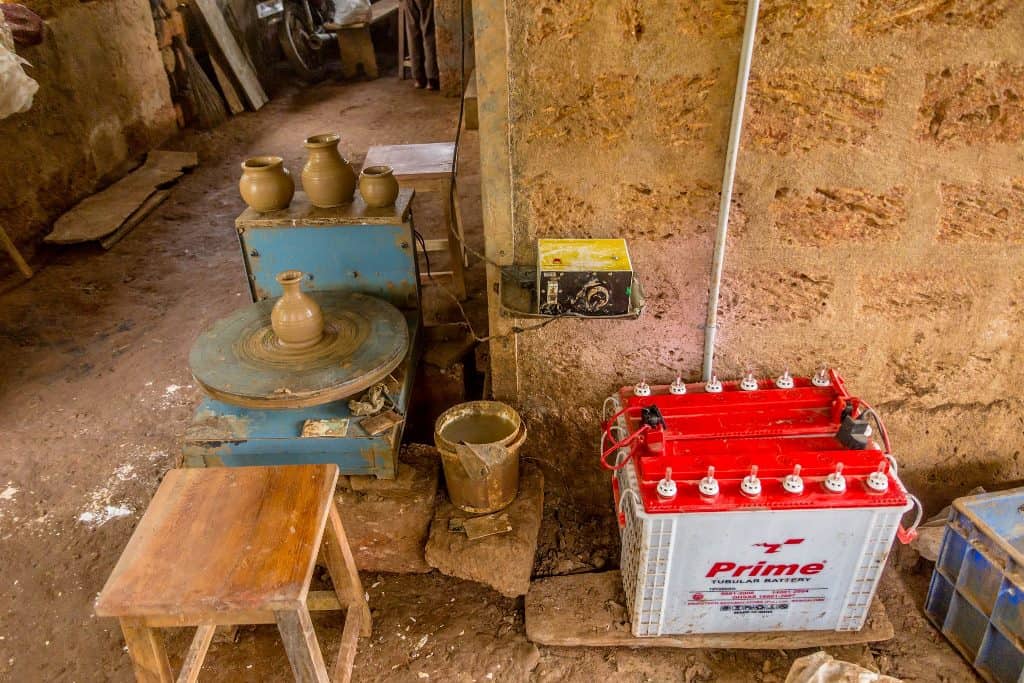
Harish also talks of externalities – factoring in the true benefit of a solar-powered, mobile dental chair that improves rural communities’ health. What are the flow on effects of such an innovation?
It’s the success of the SELCO model and the prospect of compounding externalities that has Harish excited about India taking a leadership role in using renewable energy to drive real change across the world.
With renewable energy costs now cheaper than traditional fossil fuels and SELCO’s proven model of customized innovation to address poverty, there’s very good reason to take the technology, processes and cultural lessons global.
And by global, Harish means global – he believes the poor of Detroit and the poor of Nigeria can be served via the same approach of truly understanding the customers’ unique needs. He says:
“We’re pushing for India to take that leadership position because I think we should stop comparing ourselves to the west and say, how can we champion for the 2.5Bn poor people in the world? We are going to come up with innovative solutions and get away from this rhetoric of developed vs developing.”
HOW TO GET INVOLVED AND STAYING IN TOUCH
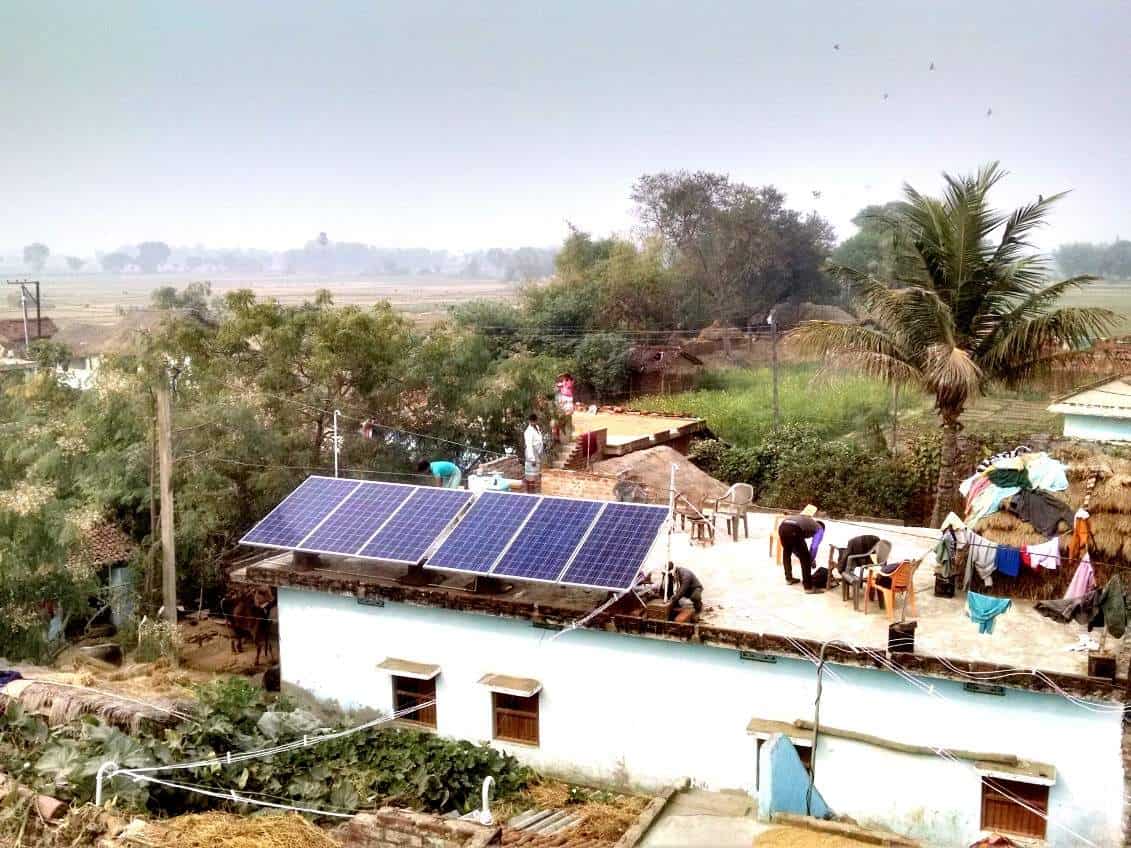
The SELCO family is an incredible organization. Not only are they working hard at uplifting the poor but they’re supporting additional entrepreneurial talent and teaching them the invaluable lessons learned over 20+ years of making good social business.
Harish says the team is always eager to learn from those around the world who are making these models work.
So aside from getting directly involved with SELCO’s work, if you’ve seen a great approach or business model working well (or not working well) to address poverty and climate change, get in touch with Harish or the team and share the insight. These problems need to be tackled collectively!
SELCO India:
SELCO Foundation
SELCO Incubation:
Harish Hande:
